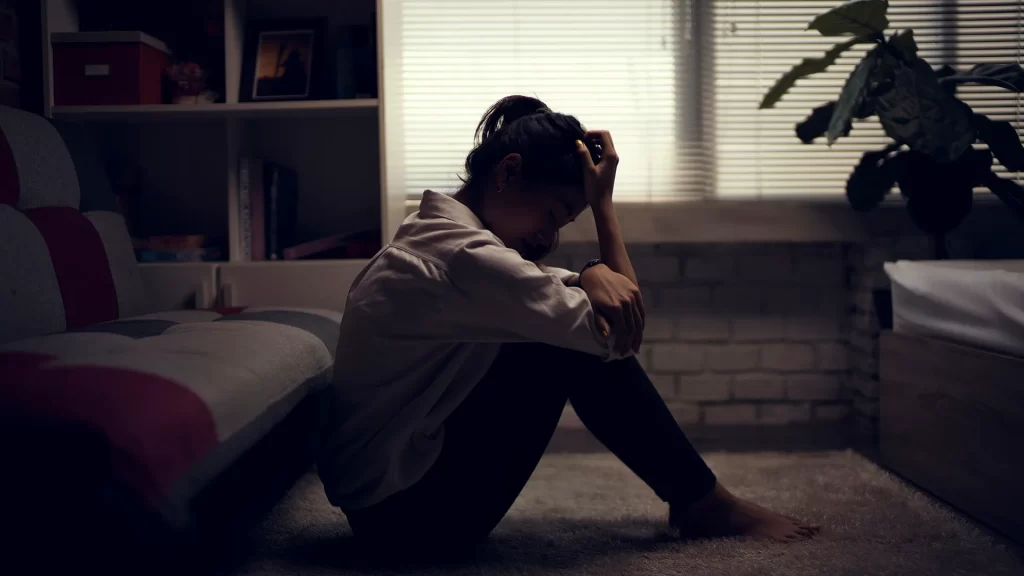
What Is Depression?
Depression is a mood disorder that causes a persistent feeling of sadness and loss of interest in things and activities you once enjoyed. It can also cause difficulty with thinking, memory, eating and sleeping.
It’s normal to feel sad about or grieve over difficult life situations, such as losing your job or a divorce. But depression is different in that it persists practically every day for at least two weeks and involves other symptoms than sadness alone.
There are several types of depressive disorders. Clinical depression, or major depressive disorder, is often just called “depression.” It’s the most severe type of depression.
Signs and Symptoms
The symptoms of depression can vary slightly depending on the type and can range from mild to severe. In general, symptoms include:
- Feeling very sad, hopeless or worried. Children and adolescents with depression may be irritable rather than sad.
- Not enjoying things that used to bring joy.
- Being easily irritated or frustrated.
- Eating too much or too little, which may result in weight gain or weight loss.
- Trouble sleeping (insomnia) or sleeping too much (hypersomnia).
- Having low energy or fatigue.
- Having a difficult time concentrating, making decisions or remembering things.
- Experiencing physical issues like headache, stomachache or sexual dysfunction.
- Having thoughts of self-harm or suicide.
It’s normal to feel sad about or grieve over difficult life situations, such as losing your job or a divorce. But depression is different in that it persists practically every day for at least two weeks and involves other symptoms than sadness alone.
There are several types of depressive disorders. Clinical depression, or major depressive disorder, is often just called “depression.” It’s the most severe type of depression.
What causes depression?
Researchers don’t know the exact cause of depression. They think that several factors contribute to its development, including:
- Brain chemistry: An imbalance of neurotransmitters, including serotonin and dopamine, contributes to the development of depression.
- Genetics: If you have a first-degree relative (biological parent or sibling) with depression, you’re about three times as likely to develop the condition as the general population. However, you can have depression without a family history of it.
- Stressful life events: Difficult experiences, such as the death of a loved one, trauma, divorce, isolation and lack of support, can trigger depression.
- Medical conditions: Chronic pain and chronic conditions like diabetes can lead to depression.
- Medication: Some medications can cause depression as a side effect. Substance use, including alcohol, can also cause depression or make it worse.
